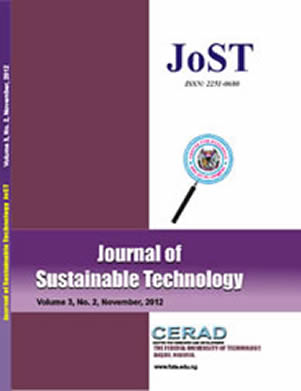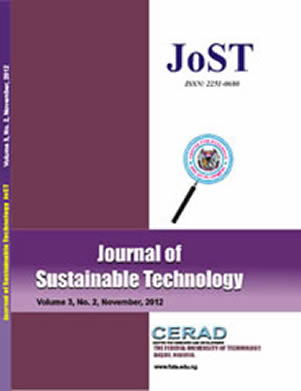he focus of this paper is ‘deconstruction as a strategy’ for construction waste reduction
in the built environment. Construction waste is becoming a topical issue in the building industry as
large percentage of this is being generated annually in developing nations including Nigeria. The
economic, political and environmental pressures put on sustainable work practices have led to a
renewed emphasis on developing effective waste mitigation strategies in the built environment in
Nigeria. Data collection from selected case studies was through interviews and observations
conducted among leading professionals in the building industry, owners as well as site managers.
The case studies were purposively selected because they exhibited modular design systems and dry
construction methods. Variables investigated includes information on name and addresses of projects,
types of designs adopted for construction, insitu materials and prefabricated materials used, causes
and levels of waste in building construction, availability of materials, techniques of construction,
proficiency of labour in handling materials, possibility of deconstruction and materials reuse,
design management measures and waste minimisation measure adopted. The study observed that
the use of dry construction methods and modular coordination system reduces waste in building
construction. The paper suggests a wide range of measures for reduction of wastes on construction
sites. These include deconstruction, modularisation of design, standardisation of building
components, industrial production of building materials, efficient specification writing, retraining
of building professionals, reuse and recycling among others. The paper concludes that there is
colossal deficiency in the management of construction waste in the study and recommend ways of
ameliorating it.
PAPER TITLE :OPTIMISATION OF CONSTRUCTION WASTE IN THE BUILT ENVIRONMENT AT SELECTED SITES IN NIGERIA: DECONSTRUC
JOURNAL Of SUSTAINABLE TECHNOLOGY | VOLUME 5 NUMBER 2 2014
Paper Details
- Author(s) : ADEDEJI, Y. M. D.* and OLOTUAH, O. A.
- Abstract:



